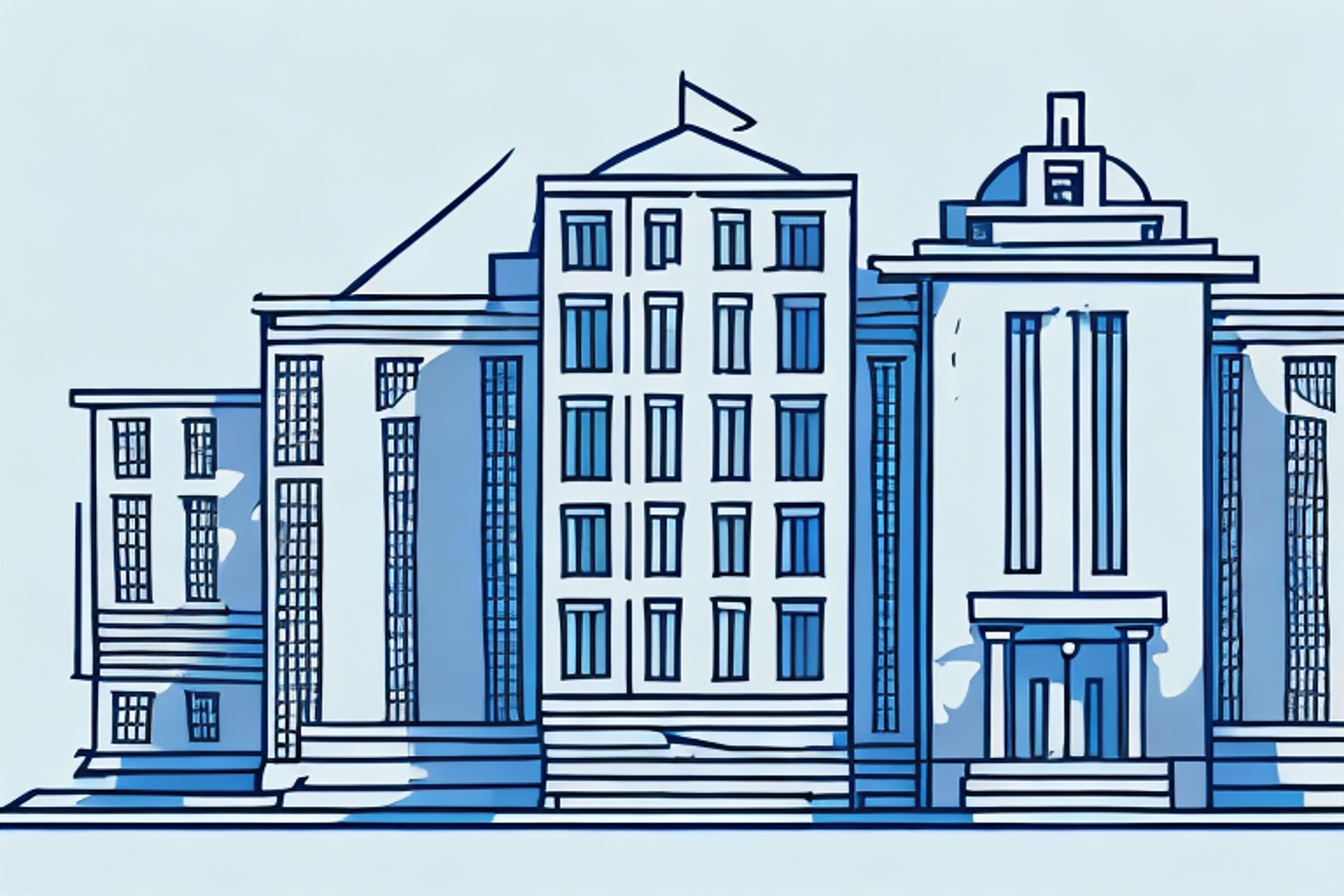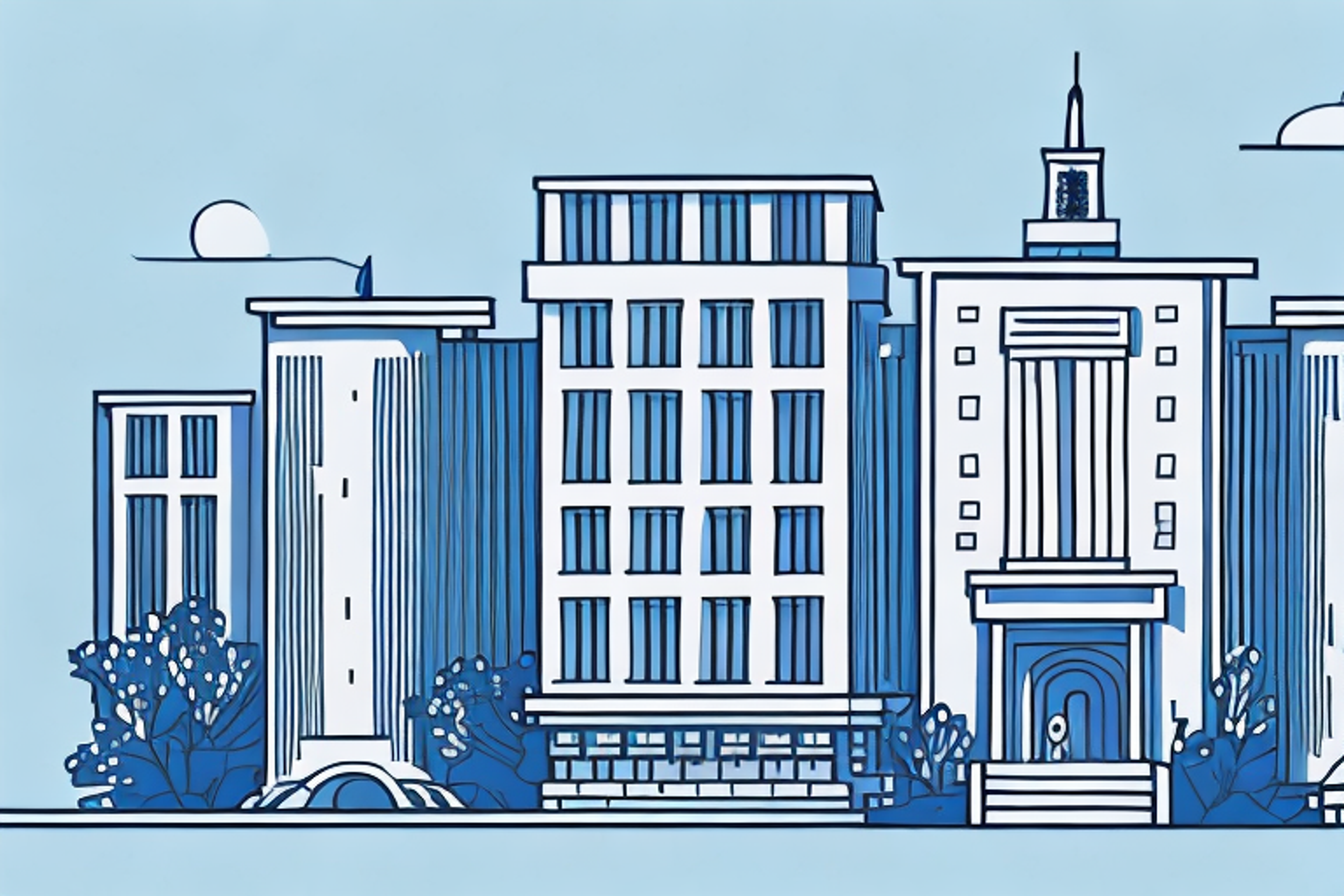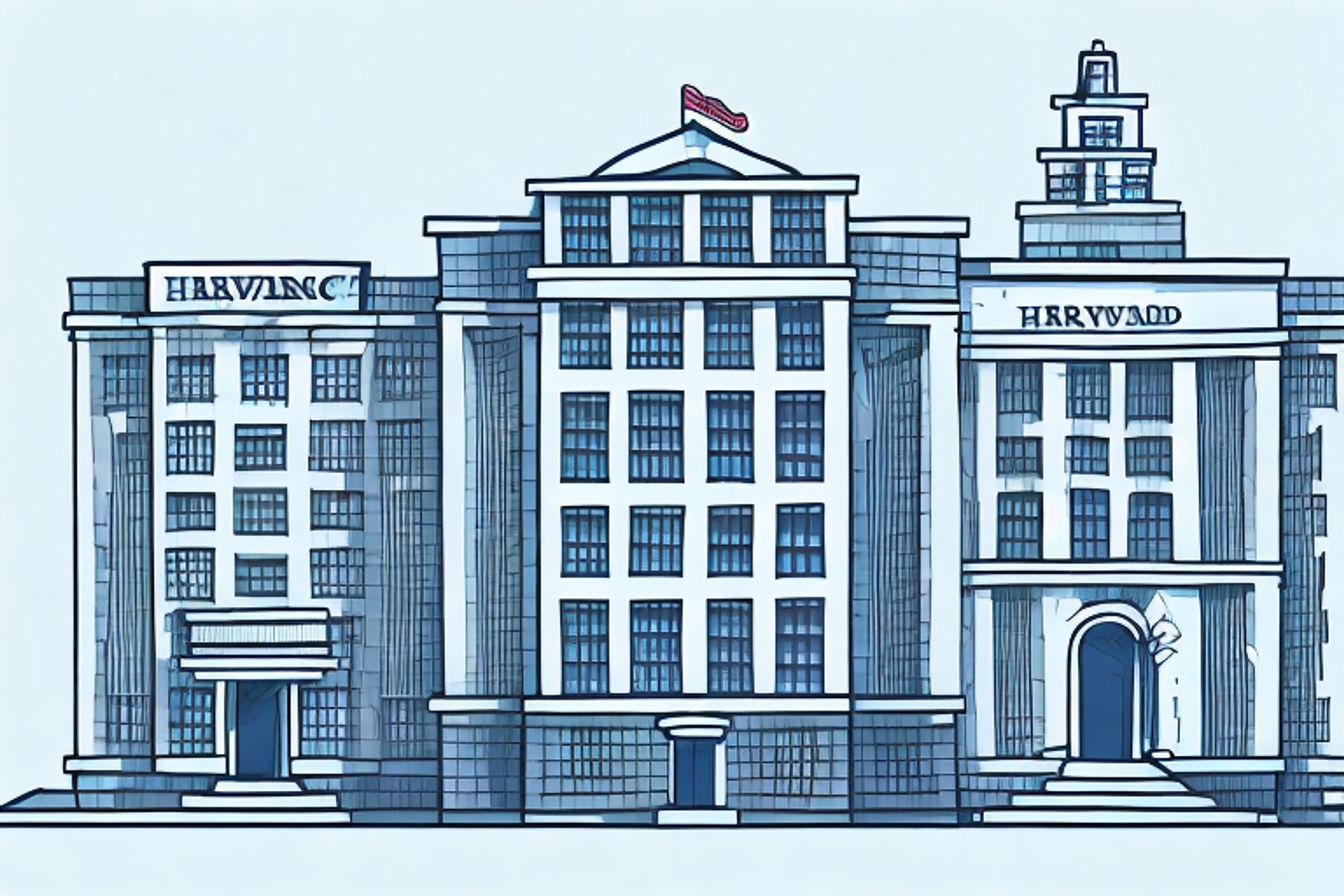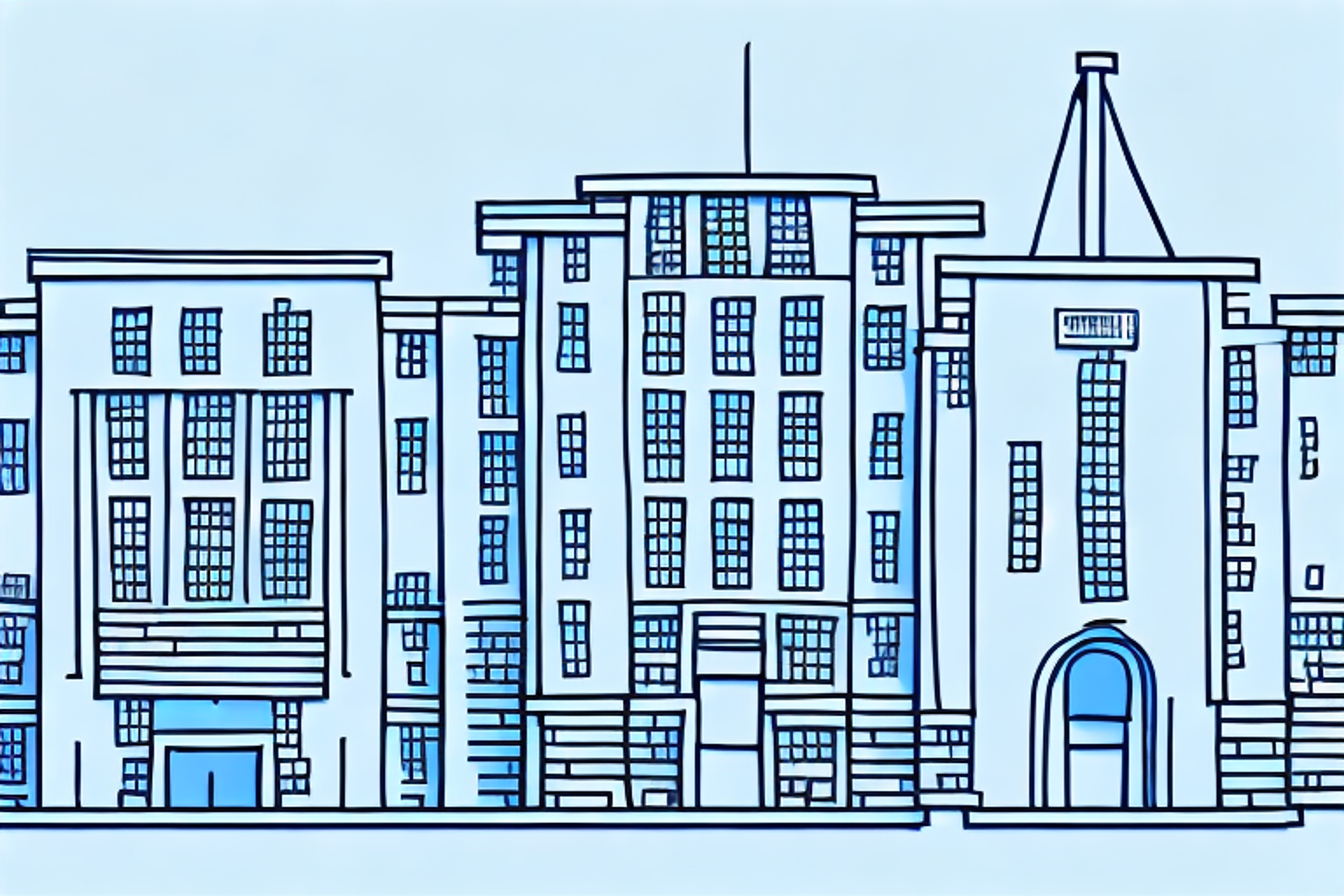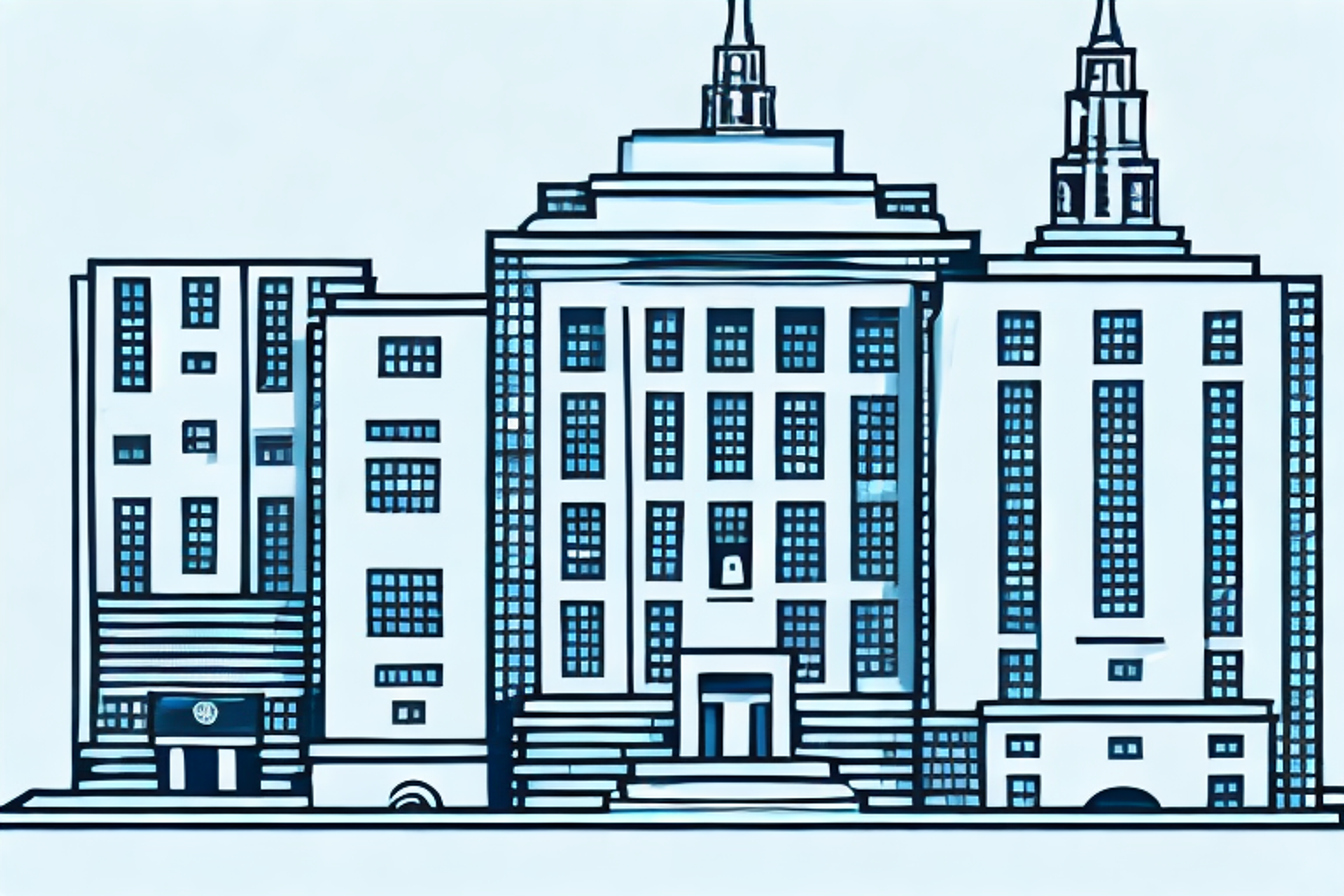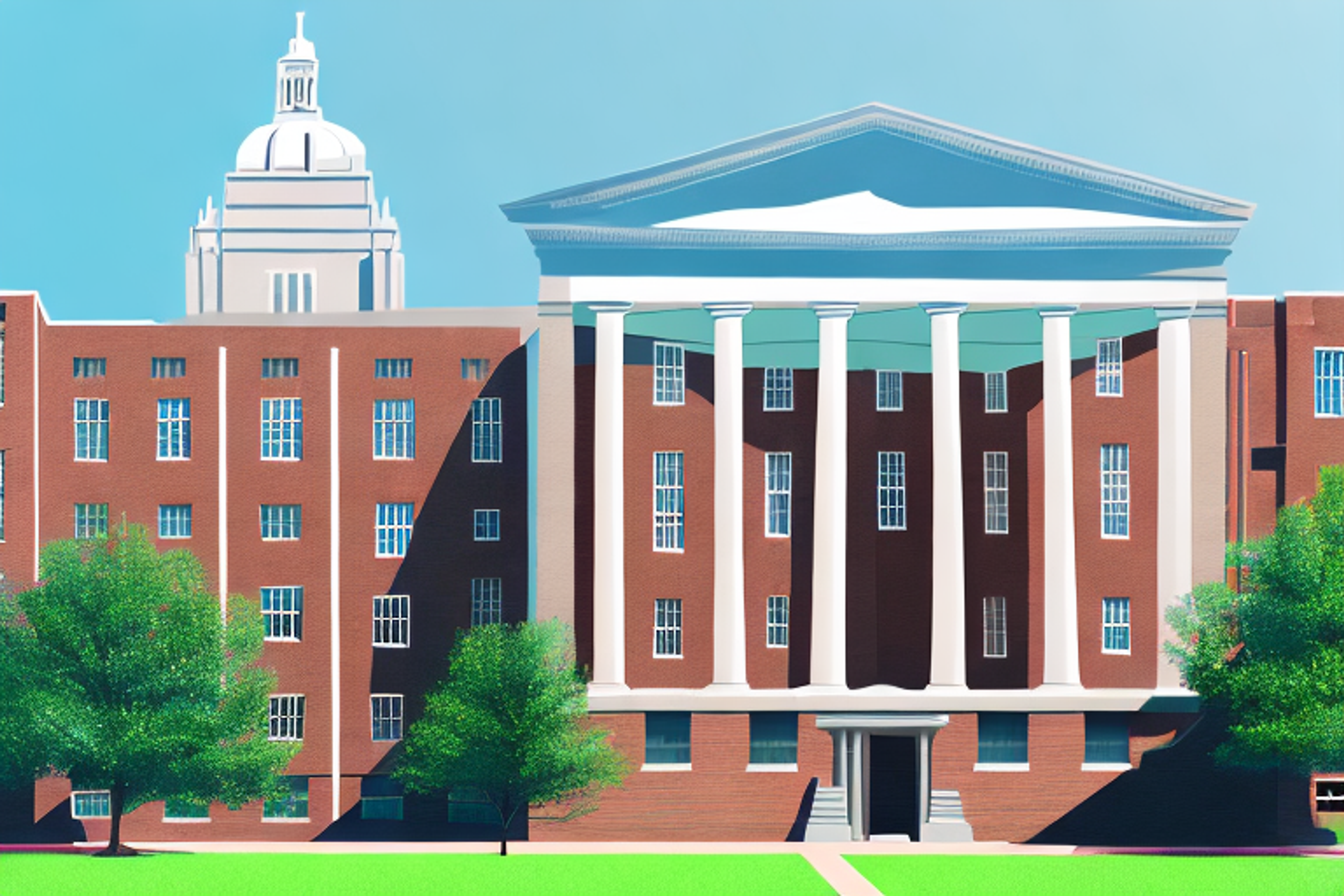Harvard Law School Vs. Georgetown University Law Center: An In-Depth Comparison
Are you considering pursuing a law degree? Read our in-depth comparison of Harvard Law School and Georgetown University Law Center to help you make an informed decision.
Posted March 6, 2025
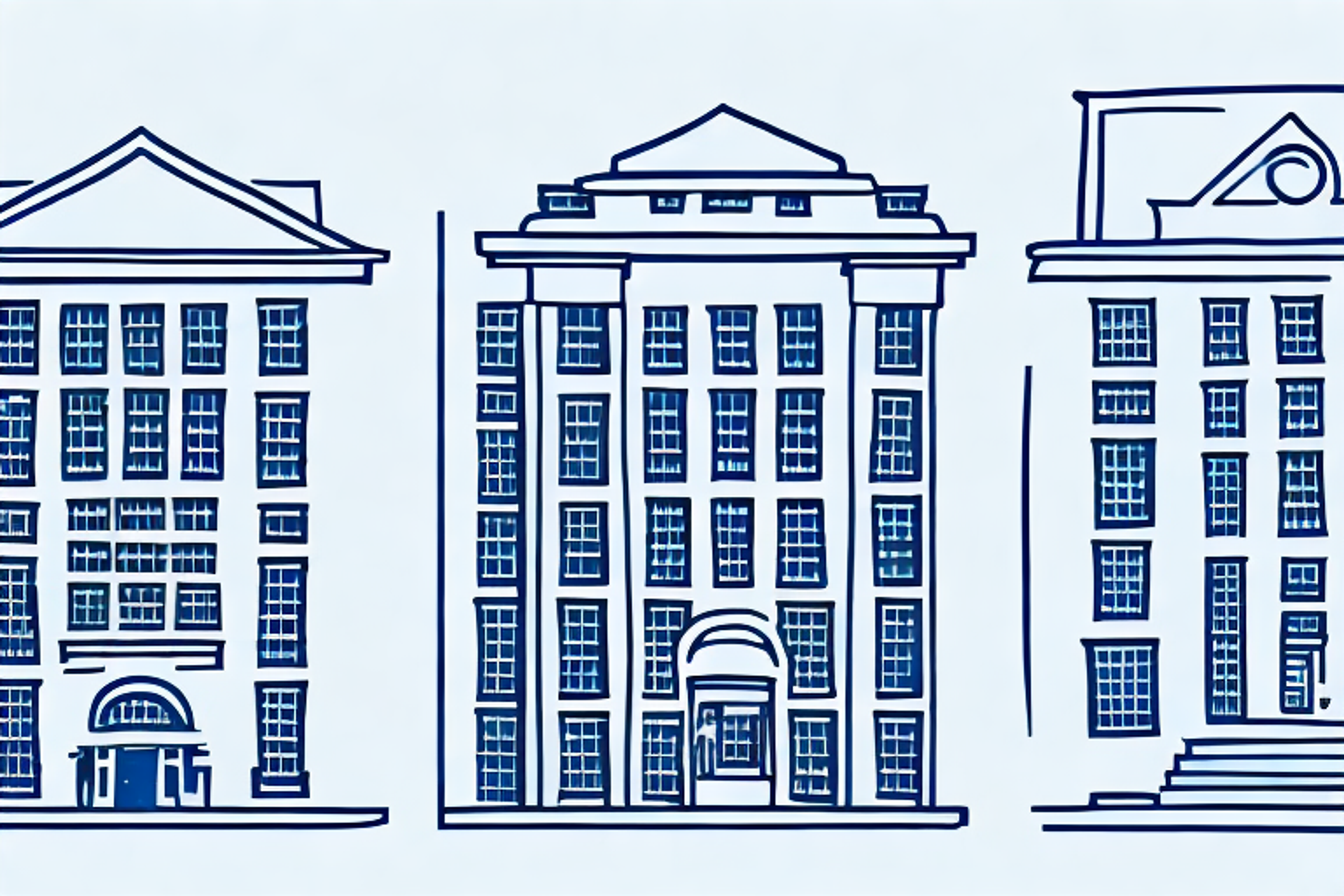
Table of Contents
If you're considering attending law school, you may be wondering which institution is the better choice for you. Two well-known and highly respected law schools in the United States are Harvard Law School and Georgetown University Law Center. In this in-depth comparison, we'll explore each school's history, faculty, curriculum, admission requirements, student demographics, campus resources, career prospects, and alumni network to help you make the best decision for your future.
Introduction to Harvard Law School and Georgetown University Law Center
Harvard Law School and Georgetown University Law Center are both located on the East Coast of the United States, with Harvard located in Cambridge, Massachusetts, and Georgetown located in Washington, D.C. Both schools are widely known for their rigorous academic programs, and graduates from each institution have gone on to become leaders in law, politics, and business.
Harvard Law School was founded in 1817 and is one of the oldest law schools in the United States. It has a highly selective admissions process, with an acceptance rate of around 15%. The school offers a wide range of courses and programs, including joint degree programs with other Harvard graduate schools.
Georgetown University Law Center, on the other hand, was founded in 1870 and is located in the heart of Washington, D.C. It is known for its strong focus on public interest law and has produced many prominent public servants, including former U.S. Attorney General Eric Holder and former Secretary of State Hillary Clinton.
The history and founding of Harvard Law School
Harvard Law School is the oldest continuously operating law school in the United States. It was founded in 1817 and has since grown to be one of the most prestigious law schools in the world. Many notable figures in law and politics have attended Harvard Law School, including former US President Barack Obama.
The idea for Harvard Law School was first proposed by Harvard University President Josiah Quincy in 1815. Quincy believed that a law school would help to elevate the legal profession and improve the administration of justice in the United States. The proposal was met with some resistance, but ultimately, the Massachusetts legislature granted a charter to establish the law school in 1817.
Harvard Law School has a long tradition of producing influential legal scholars and practitioners. In addition to Barack Obama, other notable alumni include former US Supreme Court Justices Antonin Scalia and Ruth Bader Ginsburg, as well as current Chief Justice John Roberts. The law school has also been home to many groundbreaking legal thinkers, such as legal philosopher Lon Fuller and feminist legal scholar Catharine MacKinnon.
The history and founding of Georgetown University Law Center
Georgetown University Law Center was founded in 1870 and is one of the largest law schools in the United States. It is located in Washington, D.C., and offers students a unique opportunity to study law in the heart of the nation's capital.
Georgetown University Law Center has a rich history of producing influential legal scholars and practitioners. Notable alumni include former U.S. Attorney General Eric Holder, former Secretary of State Hillary Clinton, and Supreme Court Justice Antonin Scalia. The law school is also known for its commitment to public service, with many graduates pursuing careers in government and non-profit organizations.
Faculty members and areas of expertise at Harvard Law School
Harvard Law School boasts an impressive roster of faculty members, many of whom are renowned experts in their fields. The school's faculty includes scholars in a range of legal disciplines, including constitutional law, international law, and intellectual property law.
One notable faculty member is Professor Laurence Tribe, who is a leading expert on constitutional law and has argued before the Supreme Court on numerous occasions. Another prominent faculty member is Professor Annette Gordon-Reed, who is a Pulitzer Prize-winning historian and legal scholar, specializing in the history of slavery and the American South.
In addition to their academic expertise, many Harvard Law School faculty members have also worked in government and public service. For example, Professor Elizabeth Warren served as a United States Senator from Massachusetts and was a leading advocate for consumer protection and financial regulation. Professor Cass Sunstein served as the Administrator of the Office of Information and Regulatory Affairs under President Barack Obama and has written extensively on administrative law and regulatory policy.
Faculty members and areas of expertise at Georgetown University Law Center
Like Harvard Law School, Georgetown University Law Center also has a distinguished faculty that includes many experts in their respective fields. Faculty members at Georgetown are heavily involved in policy-making and advocacy work, and students have the opportunity to learn from top researchers and practitioners in law and policy.
Georgetown Law faculty members are also known for their commitment to public service and pro bono work. Many professors have worked in government agencies, non-profit organizations, and international organizations, and bring their real-world experience into the classroom. Students can benefit from their expertise and learn how to use the law to make a positive impact on society.
In addition to their academic and professional achievements, Georgetown Law faculty members are also recognized for their mentorship and support of students. They are dedicated to helping students succeed and provide guidance on career paths, research opportunities, and networking. Many students form lasting relationships with their professors and continue to seek their advice long after graduation.
Curriculum overview at Harvard Law School
Harvard Law School offers a comprehensive curriculum that covers a broad range of legal subjects, from criminal law to contract law. The curriculum is designed to give students a well-rounded legal education that prepares them for a variety of legal careers.
In addition to the core curriculum, Harvard Law School also offers a variety of specialized courses and clinics that allow students to explore specific areas of law in greater depth. These courses cover topics such as intellectual property law, environmental law, and international human rights law. The school also offers opportunities for students to gain practical experience through externships and internships with law firms, government agencies, and non-profit organizations.
Curriculum overview at Georgetown University Law Center
Georgetown University Law Center's curriculum is similarly comprehensive and covers a range of legal topics. The school is particularly known for its programs in international law and policy, and students who are interested in pursuing careers in these areas will find many opportunities to do so at Georgetown.
In addition to its strong international law and policy programs, Georgetown University Law Center also offers a variety of clinical programs that allow students to gain practical experience in areas such as criminal justice, civil rights, and environmental law. These programs provide students with the opportunity to work with real clients and gain valuable skills that will serve them well in their future legal careers.
Admission requirements at Harvard Law School
Harvard Law School is highly selective and accepts only a small percentage of applicants each year. Applicants must have a strong academic record and must submit LSAT scores, letters of recommendation, and personal essays as part of the application process.
Admission requirements at Georgetown University Law Center
Georgetown University Law Center also has high admission standards and seeks applicants who have demonstrated academic excellence and leadership potential. Students must submit LSAT scores, letters of recommendation, and a personal statement as part of the application process.
Student body demographics and diversity at Harvard Law School
Harvard Law School is known for its diverse and highly accomplished student body. Students come from all over the world and from a range of socioeconomic backgrounds, and the school is committed to promoting diversity and inclusivity among its student population.
Student body demographics and diversity at Georgetown University Law Center
Like Harvard Law School, Georgetown University Law Center is dedicated to creating a diverse and inclusive community of students. The school places a strong emphasis on recruiting and retaining students from underrepresented backgrounds and has a number of programs in place to support these students.
Campus facilities and resources available for students at Harvard Law School
Harvard Law School's campus is located in Cambridge, Massachusetts, and features state-of-the-art facilities that are designed to support students' learning and research needs. The school has a number of libraries, research centers, and study spaces available to students to help them succeed academically.
Campus facilities and resources available for students at Georgetown University Law Center
Georgetown University Law Center's campus is located in Washington, D.C., and provides students with access to some of the nation's top policy and advocacy organizations. The school has a number of research centers and clinics that allow students to work directly with community organizations and gain practical experience in their chosen fields.
Career prospects for graduates from both schools
Harvard Law School and Georgetown University Law Center both have strong reputations in the legal profession, and graduates from each institution go on to pursue a wide range of legal careers. Many graduates from both schools go on to work in public service or at top law firms, while others pursue careers in academia or the nonprofit sector.
Alumni network and their contributions to the law community
Both Harvard Law School and Georgetown University Law Center have large and active alumni networks that play an important role in the legal community. Alumni from each school have gone on to become leaders in law, government, and business, and regularly give back to their respective institutions through philanthropic giving and mentorship programs.
Prospective student considerations when choosing between Harvard Law School and Georgetown University Law Center
When considering whether to attend Harvard Law School or Georgetown University Law Center, prospective students should take into account their own personal interests and career goals. Both schools offer world-class legal education, but each has its own unique strengths and areas of focus.
Tuition fees, scholarships, and financial aid options available for both schools
Attending law school is a significant financial investment, and both Harvard Law School and Georgetown University Law Center have high tuition fees. However, both schools offer generous financial aid packages and scholarship opportunities to help students offset the cost of attendance.
Campus life, extracurricular activities, and student organizations at both schools
Law school can be challenging, but it's important to have a balanced life outside of the classroom as well. Both Harvard Law School and Georgetown University Law Center offer a range of extracurricular activities and student organizations that allow students to pursue their interests and build their networks.
Conclusion: Which law school is the better fit based on your goals?
In conclusion, both Harvard Law School and Georgetown University Law Center offer excellent legal education and numerous opportunities for students to build successful legal careers. Ultimately, the decision of which school to attend will depend on your own personal interests, career goals, and financial considerations.
